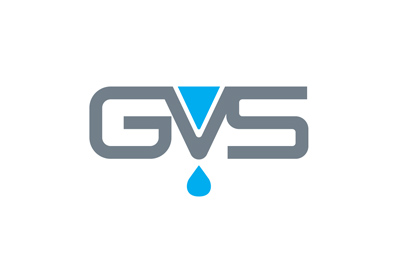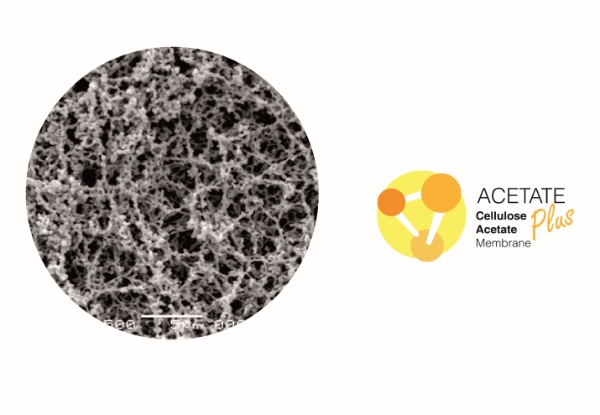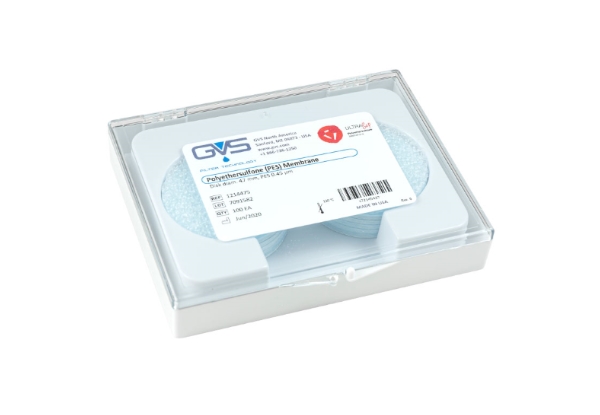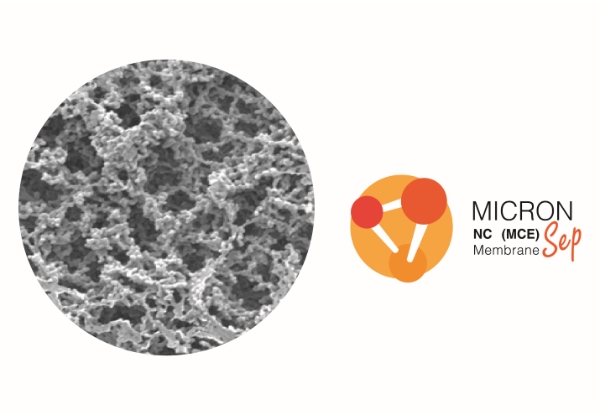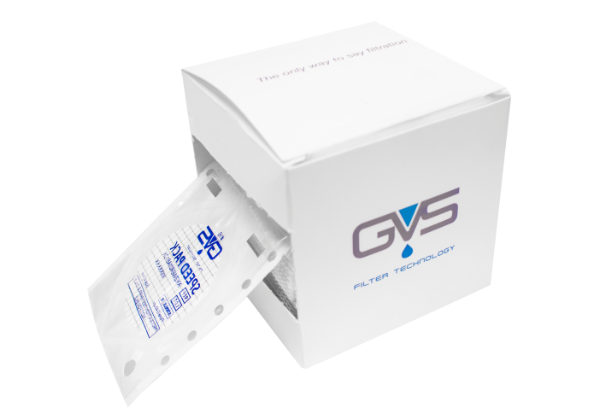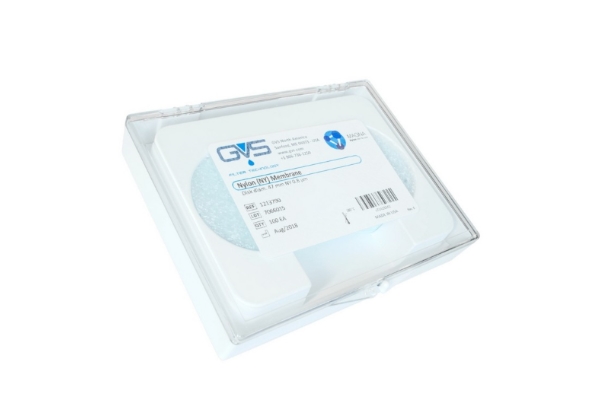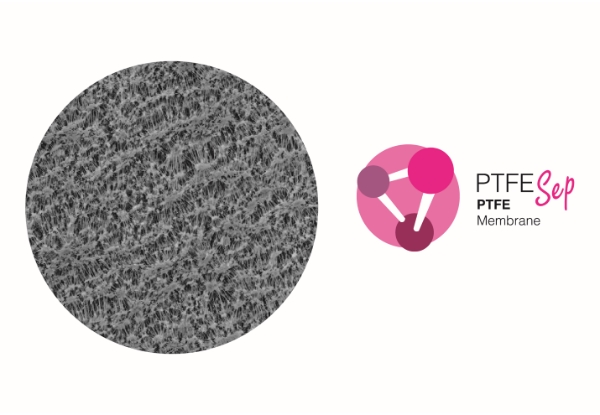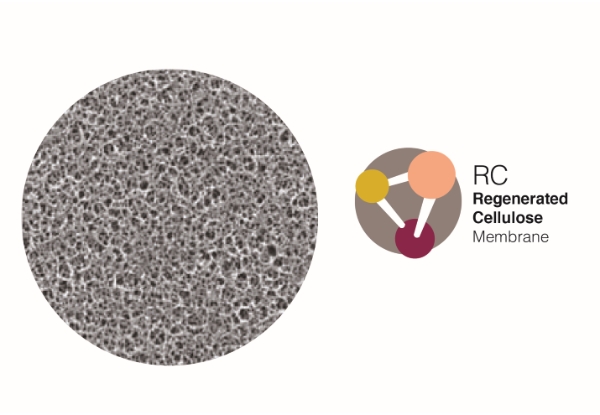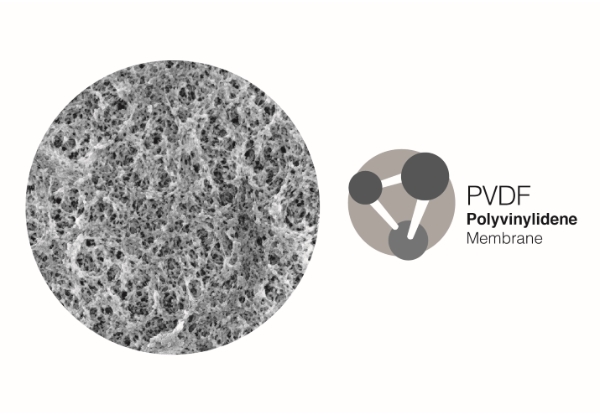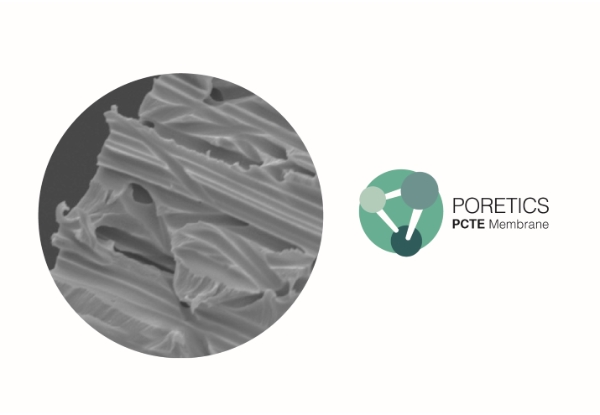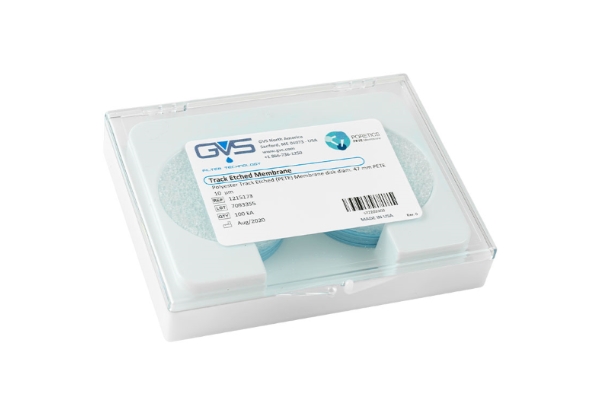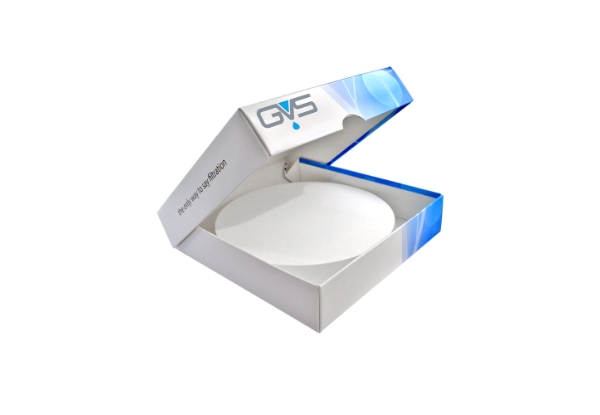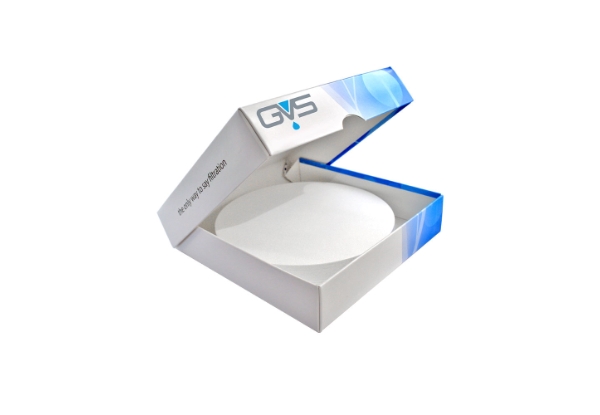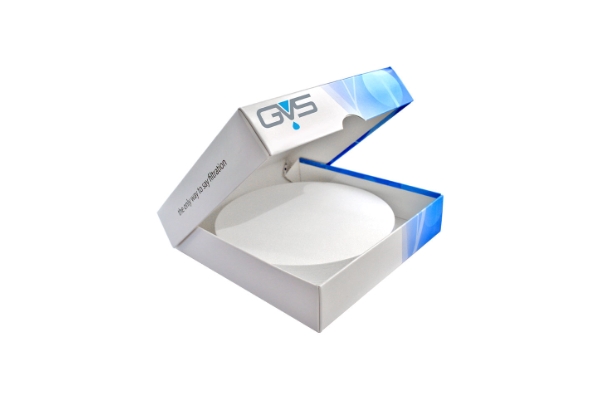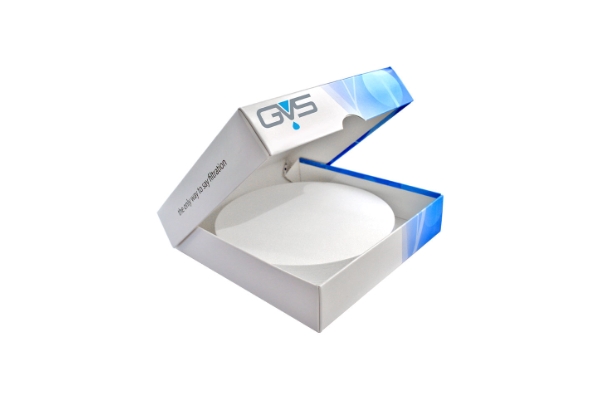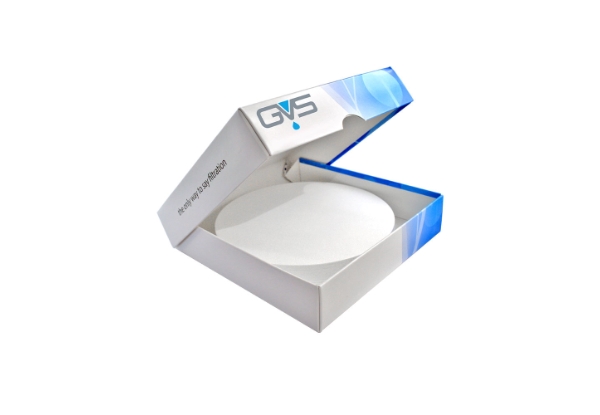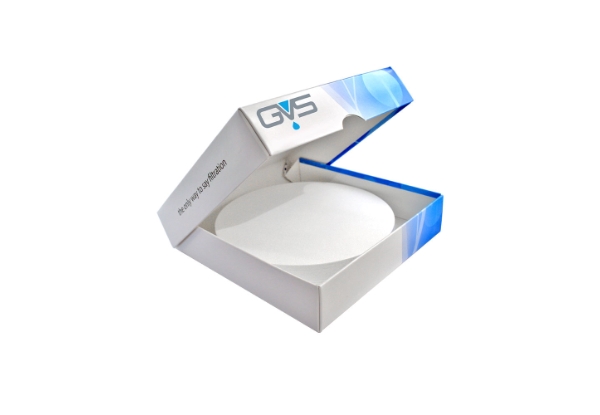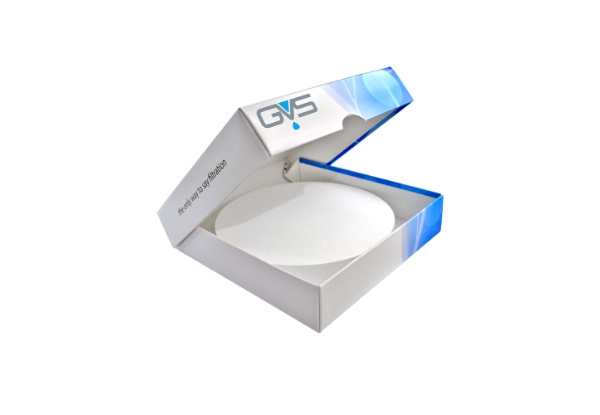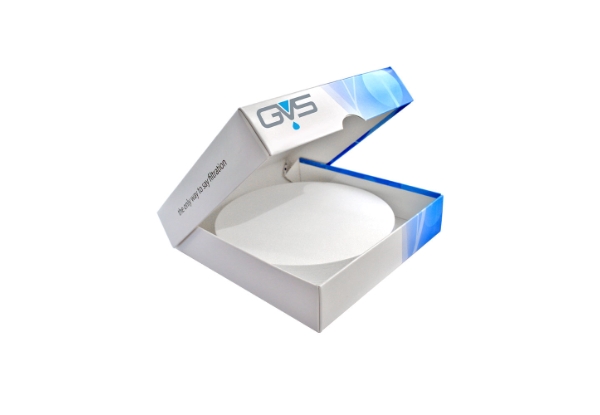Ashless hardened Filter papers are acid hardened which reduce the ash content to an extremely low level.
These filters are produced by a complex elaborate washing process under stringently controlled conditions. Firstly, acid washing is arranged. Then a series of washes in demineralised water come, which increase the strength of the paper, therefore making them particularly suitable for Büchner filter funnels and a wide range of critical analytical filtration operations.
Through this process, a maximum ash content of <0.006% is attained, which means that no contaminants are introduced when filtering. Also, full compliance with international standards on this subject is achieved.
Thanks to the hardened texture, they are often used when the analist must recover the precipitates retained on the filter surface.
DF541 GRADE - Fast filtration
Hardened ashless filter paper with a fast flow rate. Preferably used for the filtration of coarse flocculent and bulky precipitates (as aluminium, chromium or hydroxides of iron, bismuth, cobalt, sulphides of copper, various organic metal precipitates, etc.) and gelatinous precipitates in acid/alkaline solutions during gravimetric analysis.
DF540 GRADE – Medium filtration
Hardened ashless filter paper with medium retention and flow rate. Extremely strong and pure. With a hard surface, it is recommended for filtering medium-sized precipitates such as most metal sulphides. High chemical resistance. Used in the gravimetric analysis of metals in acid and slightly alkalinized solutions, pressure filtration.
DF542 GRADE - Slow filtration
Hardened ashless filter paper with high retention and slow flow rate. High chemical resistance. Often used for filtering very fine precipitates and in gravimetric metal determinations.
DXF04 GRADE - Very fast filtration
Very high rate of filtration with excellent retention of coarse precipitates such as metal hydroxides and sulphides or gelatinous substances.
Preferably used as rapid filter for various organic metal precipitates, routine cleanup of biological fluids, food industry analysis, air pollution monitoring (high rates and the fine particles collection is not critical).
DME07 GRADE - Fast filtration
A standard grade filter used for a wide variety of analytical routine applications in different industries These cellulose filters are used in qualitative analytical techniques to determine and identify materials. Pre-pleated qualitative filters are also available, which give improved flow rate and increased loading capacity compared to equivalent flat filters.
DME01 GRADE - Medium filtration
The most widely used filter paper in the GVS range. Medium retention and flow rate. This grade covers a wide range of laboratory applications and is frequently used for clarifying liquids. Traditionally this grade is used in qualitative analytical separations for routine laboratory work as well as rapid filtration of fine precipitates such as lead sulphate, calcium oxalate (hot) and calcium carbonate.
In agriculture, it is used for soil analysis and seed testing procedures. In the food industry, Grade DME01 is used for numerous routine techniques to separate solid foodstuffs from associated liquid or extracting liquid. It is widely used in education for teaching simple qualitative analytical separations. In air pollution monitoring, using circles or rolls, atmospheric dust is collected from airflow and the stainintensity measured photometrically. For gas detection, the paper is impregnated with a chromogenic reagent and color formation quantified by optical reflectance.
DMS02 GRADE - Medium-slow filtration
Slightly more retentive and absorbent than Grade DME01 and therefore with a moderate to slow filtration speed.
In addition to general filtration this grade DMS02 is used for monitoring specific contaminants in the atmosphere, filtration of fine precipitates, soil testing, it is often used as a folded filter in an analytical funnel.
DMS03 GRADE - Medium-slow filtration(thick)
Medium to low rate of filtration with double the thickness comparing with GVS Grade DME01 . Fine particle retention and excellent loading capacity. The extra thickness gives increased wet strength and allows a higher solute loading. Preferably used for liquids hard to clarify, essences, oils, tinctures.
DNS06 GRADE - Slow filtration
Similar particle retention as Grade DXS05 with higher filtration speed. Often used for boiler water analysis.
DXS05 GRADE - Very slow filtration
Lowest rate of filtration in the GVS qualitative range and maximum degree of fine particle filtration or retention. Preferably used as a clarifying filter for cloudy suspensions and water and soil analysis. Particularly used in difficult filtration conditions and extra fine-grained precipitates such as barium sulphate, cupreous oxide, often specified for clarification of wine.
